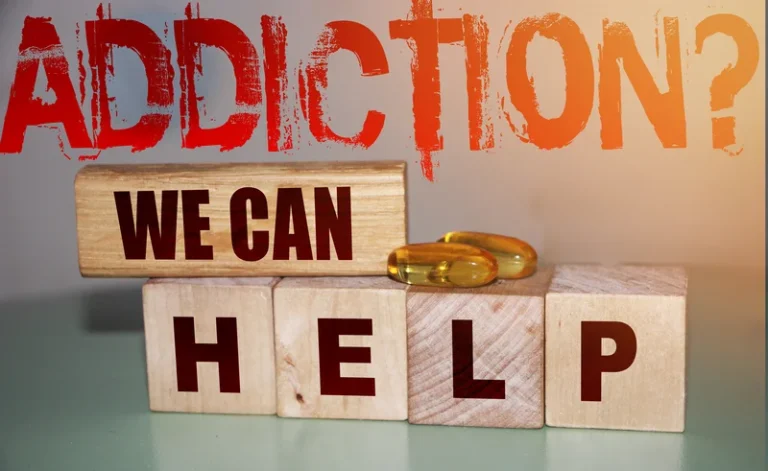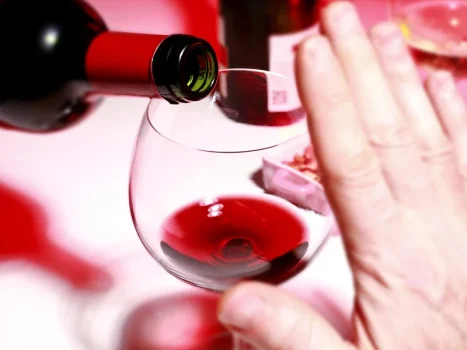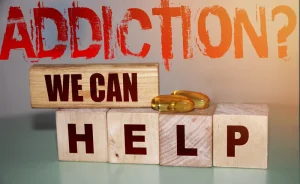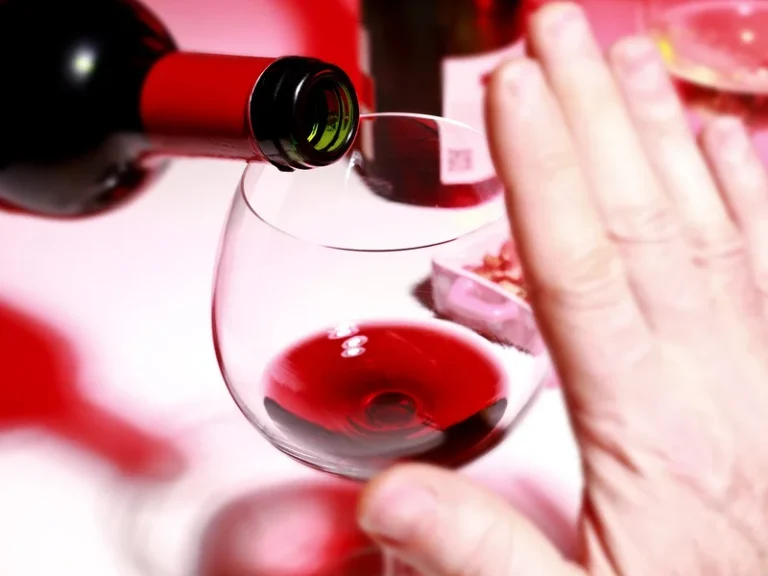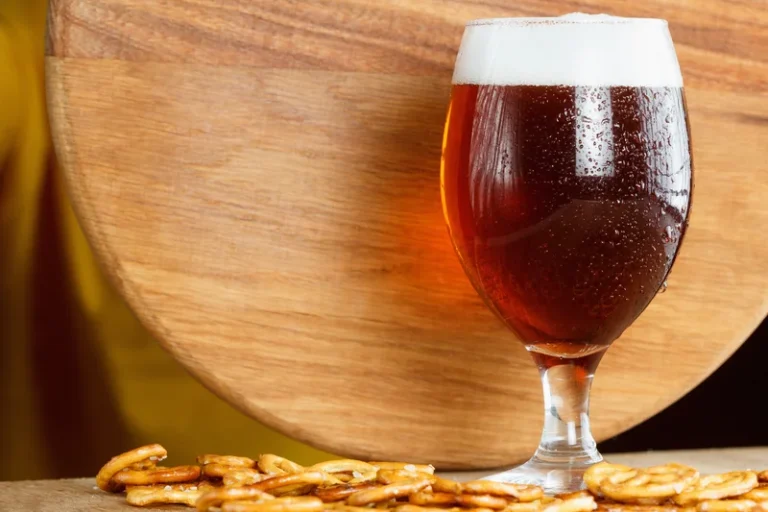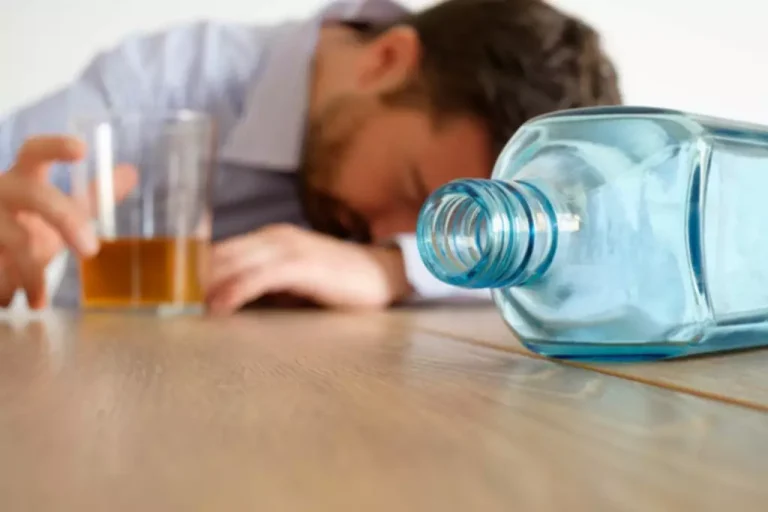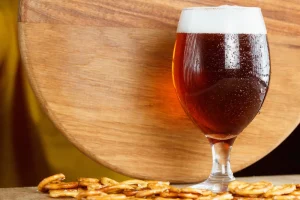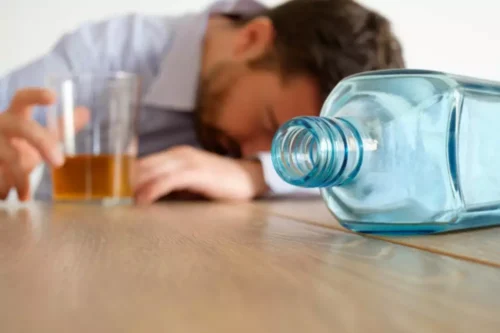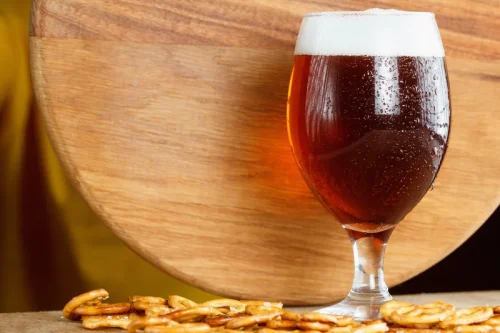We want to help you transition to a fulfilled and enjoyable life in sobriety. We have experience helping clients achieve success and every decision we’ve made in the development and management of Harbor House centers around your success. Tharros offers significantly more than a traditional sober living. We fit in between what you’d find at a clinical extended care program and very supportive recovery home. Each individual is supported to make his own choices in his recovery. Tharros offers an extensive and flexible peer support program to helps clients navigate important changes and decisions.
Why Harbor House?
We have the sole goal of connecting you with the providers who will help you the most - Period. When you arrive at the house, you will undergo an initial discussion and orientation with the Program Director, including a dialogue on the past events that led you here. Together, we will start discussing what you want to achieve by engaging the support at Tharros. There are general rules of the house that everyone is required to follow. However, experience has shown us, not every person with an addiction or alcoholism is the same. Our program isn’t cookie cutter; we want to get to know you and help ensure that you have what is necessary for you to achieve your goals.
- Harbor House has a great number of resources and we can refer you to therapists, programs, and licensed professionals as needed.
- Tharros offers an extensive and flexible peer support program to helps clients navigate important changes and decisions.
- There are general rules of the house that everyone is required to follow.
- You are not locked in to any long term agreements, but we do ask that you come planning to stay for at least 60 days.
Ask the Community
We help you see, what it is about you, you may have a hard time seeing. You are more likely to maintain long-term sobriety by entering and committing to a structured transitional living environment, like Harbor House. That’s why we encourage our clients to consider staying 6 months to one year. A sober living home creates fellowship and community that can help you get back to a life where you are happy and fulfilled. The proper support, combined with a safe environment and first hand know-how will guide you to experience a new way of being and behaving. A sober living environment reinforces honesty and integrity as it supports you on your journey to acquiring a great new lifestyle.
Not all sober living homes are the same and in fact beyond the differences in “amenities”, there are many other important factors to consider. Harbor House Review The road to recovery from alcoholism and addiction requires significant emotional, behavioral, and intellectual changes. Whether you’ve just completed a drug detox, alcohol rehab, or any other kind of substance abuse treatment, we know recovery takes time and we know that you’re worth it. Whatever your primary treatment method, you’ve had a great start because your body is now free of alcohol and drugs.
Claim This Listing
Perhaps you have a connection with a therapist or life coach that you want to continue. We encourage you to keep what works and add resources where it will benefit your recovery. There are no referral fees and our vetted licensed professionals accept a variety of insurances.
Service Offerings in Lexington
We know that you can have more fun and a much better life in sobriety; we also know that you’re having a hard time believing that statement right now. Harbor House approaches recovery by looking at both abstinence and your life satisfaction/ happiness. We employ the tenants of positive psychology to help identify what areas of your life will benefit the most from your attention, ultimately helping you achieve your goals and a life that you look forward to living! Harbor House has a great number of resources and we can refer you to therapists, programs, and licensed professionals as needed.
Some of the same triggers you had before can be reactivated and we recognize how frustrating and upsetting that can be. Learning to live a happy life free of alcohol and drugs takes time, but you can do it if you want to. At Harbor House, you can expect to meet other male residents who are committed to their sobriety, have completed some form of primary treatment, and pass regular unannounced breathalyzer and urine tests.
A study of 300 individuals whom resided in Sober Living Homes (SLH) was published in 2010 by a division of the NIH (National Institute of Health) (Douglas L. Polcin, 2010). That study found that freestanding SLH’s offer enough structure, with no formal treatment, creating an optimal environment for residents ready for the next step. SLH’s provide an environment for individuals capable of handling a fair amount of autonomy and wish to take personal responsibility for their recovery. With a focus on holistic wellness, Harbor House provides a range of services and amenities designed to promote mindfulness and self-care. If you are seeking drug and alcohol related addiction rehab for yourself or a loved one, the sponsored hotline is a confidential and convenient solution. Please provide your verification details which will be used for claim procedure.
Some treatment facilities provide care for 30, 60 or 90+ days. If you’ve completed a program like this, you’re probably feeling very good about your recovery, as you should. At Harbor House, we want to help you achieve your life goals and long-term sobriety with the tools and foundation you’ve already acquired. Leaving a residential, inpatient, or outpatient treatment environment is often more challenging than expected. You’ve changed, but the people, places, and things around you haven’t.
Our community offers extensive structure, much of which is optional. The ability to spend 6 months to a year in a supportive environment allows you to learn more about yourself and your addiction. Our support program will afford you support while you mend relationships with family and friends.



